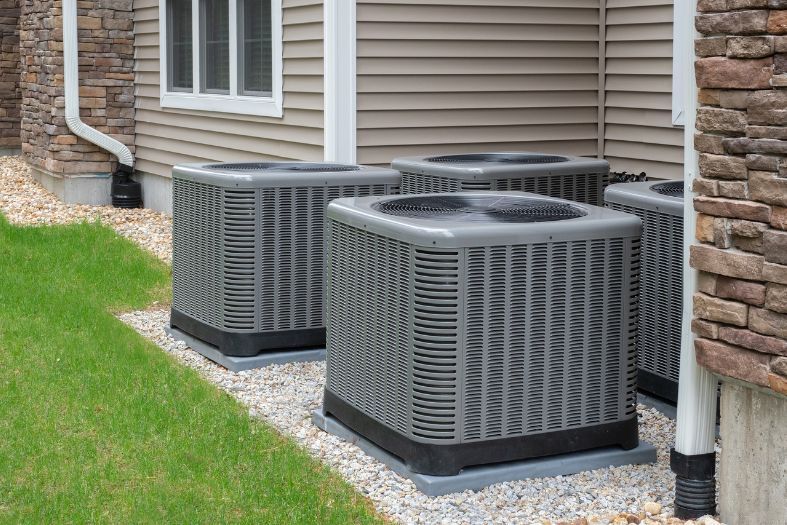
How to Know If a Heat Pump Is Right for Your Home
Are you looking for ways to improve your home’s energy efficiency and lower your monthly utility bills? If so, upgrading your HVAC system with a heat pump might be the perfect choice. To understand why this is, here is a quick guide on how heat pumps work and how they compare to other HVAC units.
An Introduction to Heat Pumps
Heat pumps are a relatively newer type of HVAC unit that can keep your home cool in the summer and warm during the chillier winter months. At first glance, you would probably think that it is a central AC unit as the two look almost identical. They also function the same way when cooling your home, and the only real difference between the two is that heat pumps have the ability to run in reverse to also heat your home.
The most common type of heat pump is an air-source unit, and this is the type that looks and performs just like a central air conditioner. However, there are also geothermal heat pumps that take advantage of the natural heat in the ground. Air-source heat pumps capture and release heat from the air, whereas geothermal or ground-source heat pumps use the ground for heat transfer.
This type of system works by using refrigerant lines buried deep under the ground. Once you go a few feet under the surface, the temperature remains steady at approximately 55 degrees. Geothermal heat pumps take advantage of this by capturing the heat from the surrounding soil and using it to warm the home. During the summer, the system functions like a central air conditioner. The only difference is that the heat from inside the building is released into the ground instead of the air outside.
How Does a Heat Pump Compare to a Central Air Conditioner?
In terms of cooling effectiveness and energy efficiency, there is virtually zero difference between a heat pump and a central air conditioner. If you were two compare two units of the same size with the same SEER rating side by side, they would use the exact same amount of energy and be equally as effective at ensuring your home stays cool.
All that being said, heat pumps are more expensive to purchase and install. This makes sense considering the fact that a heat pump will provide both heating and cooling. That being said, purchasing a heat pump is far cheaper than having to buy separate air conditioning and heating units. Opting for a heat pump can potentially save you a few thousand dollars compared to buying an AC and a furnace or other heating unit.
The fact that heat pumps are used throughout the year also means that they have a slightly shorter lifespan. While the average life for a central AC unit is around 15 years, heat pumps will typically only last for somewhere between eight and 12 years at the most. Again, this factor is offset by the fact that heat pumps eliminate the need for a separate heating source.
If you’re considering replacing your air conditioner, we highly recommend that you think about opting for a heat pump instead. On the other hand, if your AC is only a few years old, it generally makes more sense to wait a few years before you replace it.
How Heat Pumps Compare to Furnaces and Other Heating Options
Gas furnaces, electric furnaces, baseboard heaters and any other type of heating source can’t even come close to matching the energy efficiency of an electric heat pump. Conventional gas furnaces generally have a maximum AFUE (Annual Fuel Utilization Efficiency) rating of around 90%. High-efficiency condensing furnaces can have an AFUE of up to 98.5%. This percentage refers to how much of the heat energy is created by burning gas that the unit can capture.
For electric furnaces and other electric heat sources, the energy efficiency is measured in terms of how many units of electricity the unit converts into heat energy. Most electric heat sources are one-to-one or 100% efficient, which means that none of the electricity is wasted. Heat pumps, on the other hand, are often two-to-one or even three-to-one. This means that every unit of electric energy the unit uses is turned into two or three units of heat energy.
When comparing heat pumps to other types of electric heating, it is easiest to look at the total BTUs (British Thermal Units) of heating the unit produces and compare it to how many kilowatt-hours of electricity it uses. To sufficiently heat a 2,000-square-foot home in Georgia, you need somewhere around 60,000 to 70,000 BTUs of heating. This equates to approximately a 20,000-watt electric furnace.
Let’s say that you only need to run your heating for two hours a day. In that time span, your furnace would run for around 35 to 40 minutes an hour and use a total of around 26 kilowatt-hours (kWh) of electricity. During the same time, a heat pump would use quite a bit less energy while providing the same or better level of heating.
A 60,000-BTU heat pump with an HSPF (Heating Seasonal Performance Rating) would typically use around 15 kWh or potentially even less in milder weather. If you upgraded to a 13.5-HSPF, you could cut the electricity consumption down to around 9 kWh or less. Even the most basic heat pump can potentially lower your heating costs by nearly 40% while a high-efficiency unit could cut your costs by nearly two-thirds.
Why Heat Pumps Are Perfect for Georgia
Since the heat pump unit sits outside the house and absorbs heat energy from the surrounding air, its energy efficiency varies depending on the outdoor air temperature. Heat pumps can continue to function at their peak efficiency as long as the air temperature remains in the upper 30s to low 40s. As the temperature continues to drop, so does the unit’s efficiency.
Heat pumps can still be effective and fairly efficient even in temperatures well below freezing. This is why they are still so common in many colder European climates like Norway and Sweden. However, in colder climates, it is often necessary to supplement the heat pump with an additional heating source whenever the weather gets too cold.
This obviously isn’t an issue in places like Georgia since we very rarely experience extremely cold winter weather. As a result, heat pumps are by far the best heating choice since they use very little energy, provide extremely effective heating and don’t produce any combustion fumes or carbon emissions.
As an added bonus, if you have a new heat pump installed any time after January 1, 2023, you will automatically qualify for a 30% tax credit up to a maximum of $2,000. This tax credit is set to last until at least 2033 so you can still claim it even if you don’t upgrade to a heat pump until sometime in the future.
Gainesville’s Heating and Cooling Experts
At [company_name], we install all types of heating and cooling equipment including heat pumps, furnaces, central air conditioners and ductless mini-splits. We carry a wide range of energy-efficient heat pumps and other HVAC units, and our team can help you determine what is the best choice for your home. Our certified HVAC technicians also repair and maintain all models of HVAC equipment from all manufacturers. We also install a range of IAQ equipment to help improve your home’s air quality. We happily provide free estimates on all of our services as well as financing for new equipment on approved credit. To learn more about the benefits of upgrading to a heat pump or if you need any HVAC service, give us a call today.
Table of Contents
More Articles
Categories

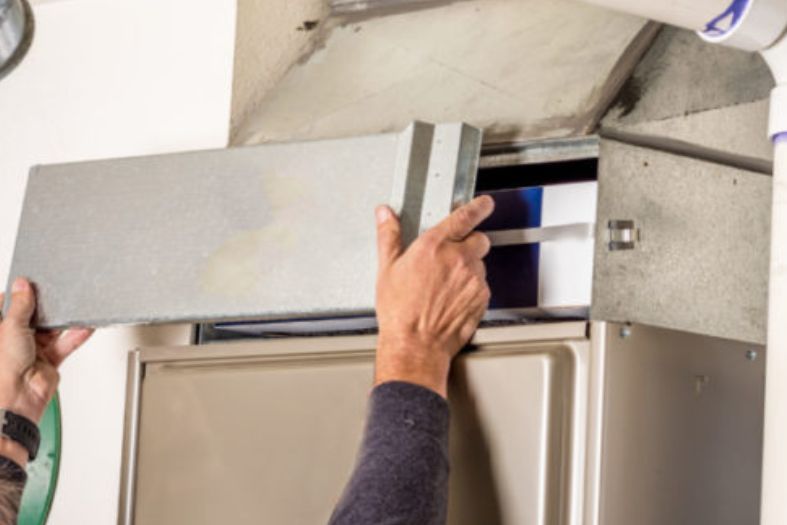
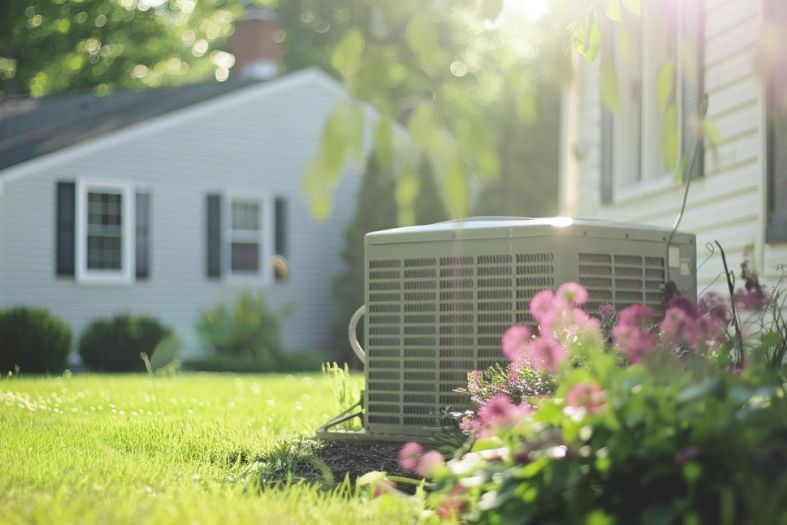
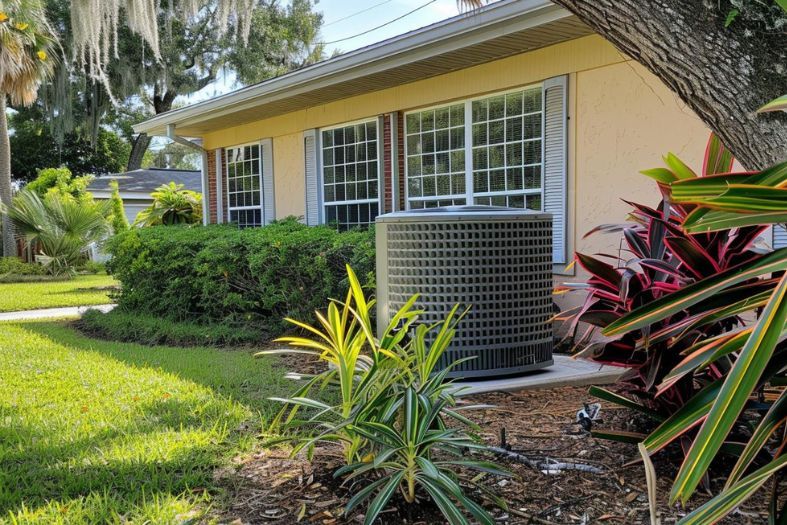
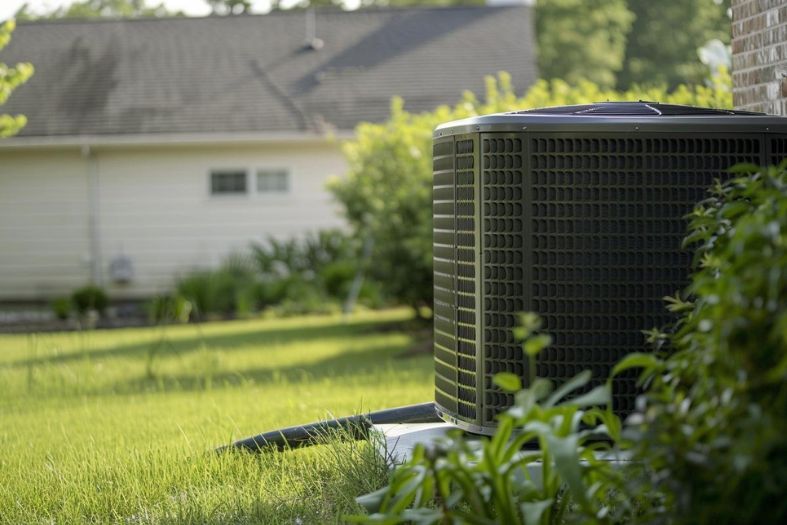
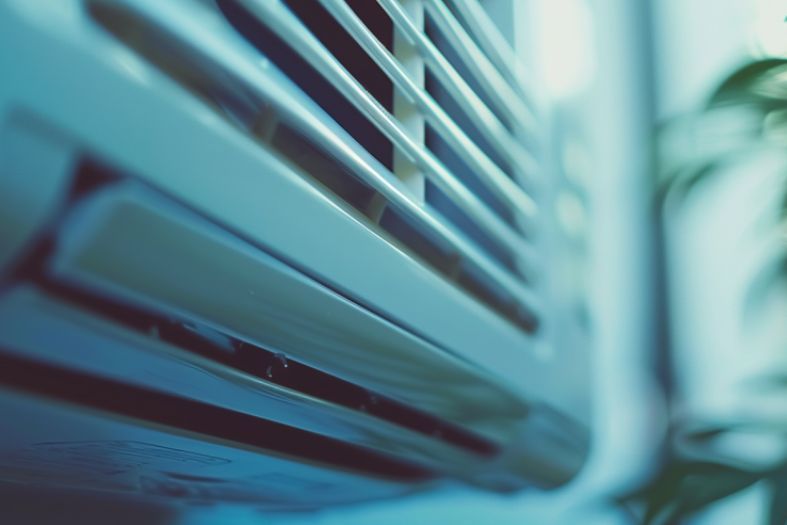

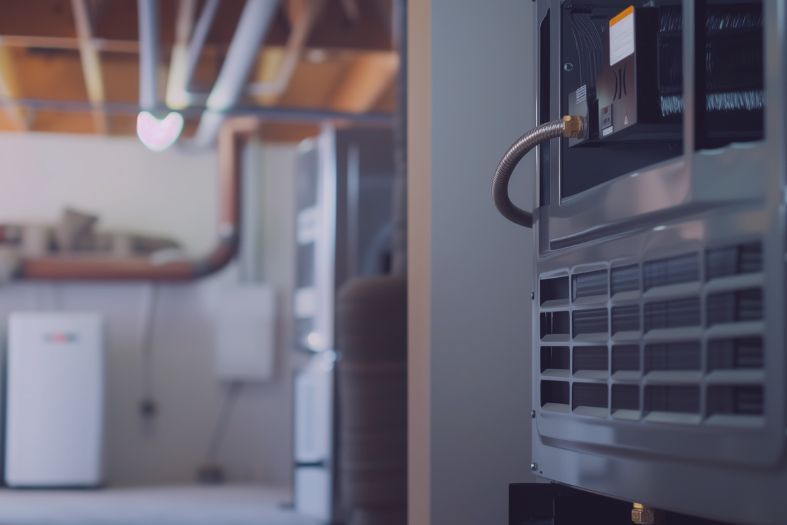
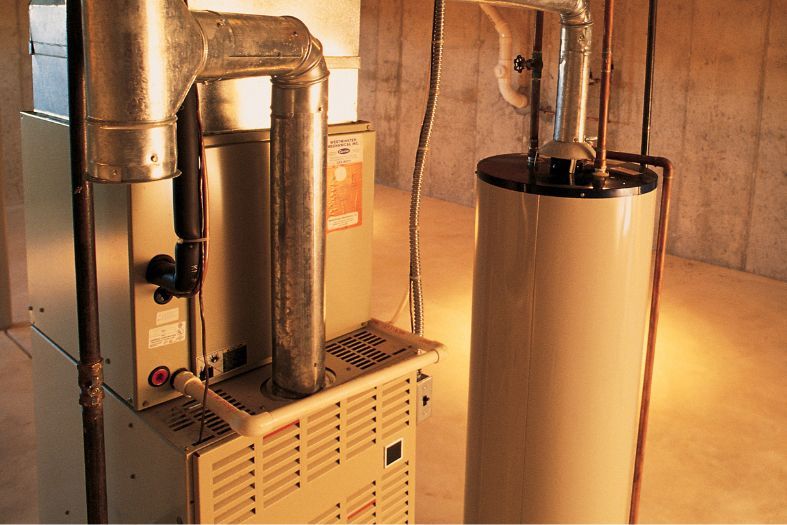
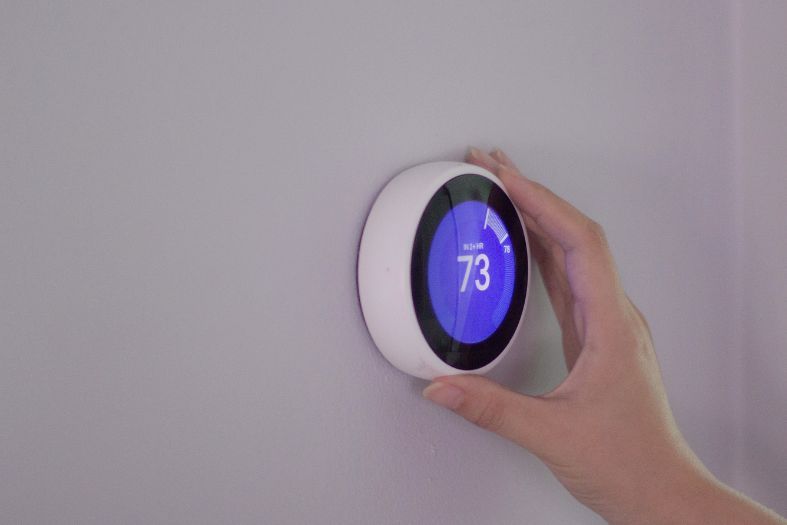
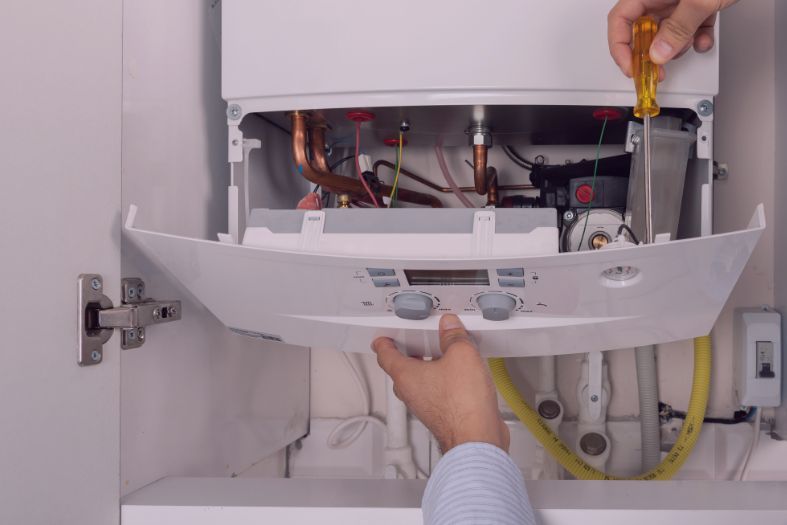
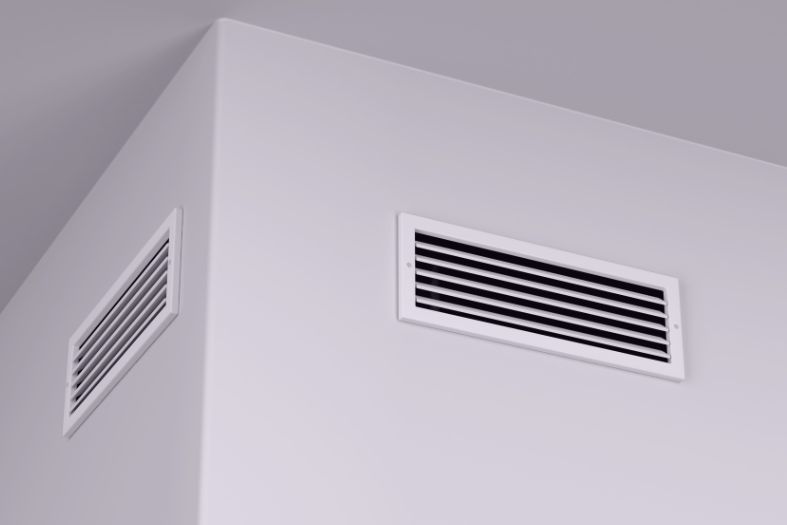
Leave a Reply